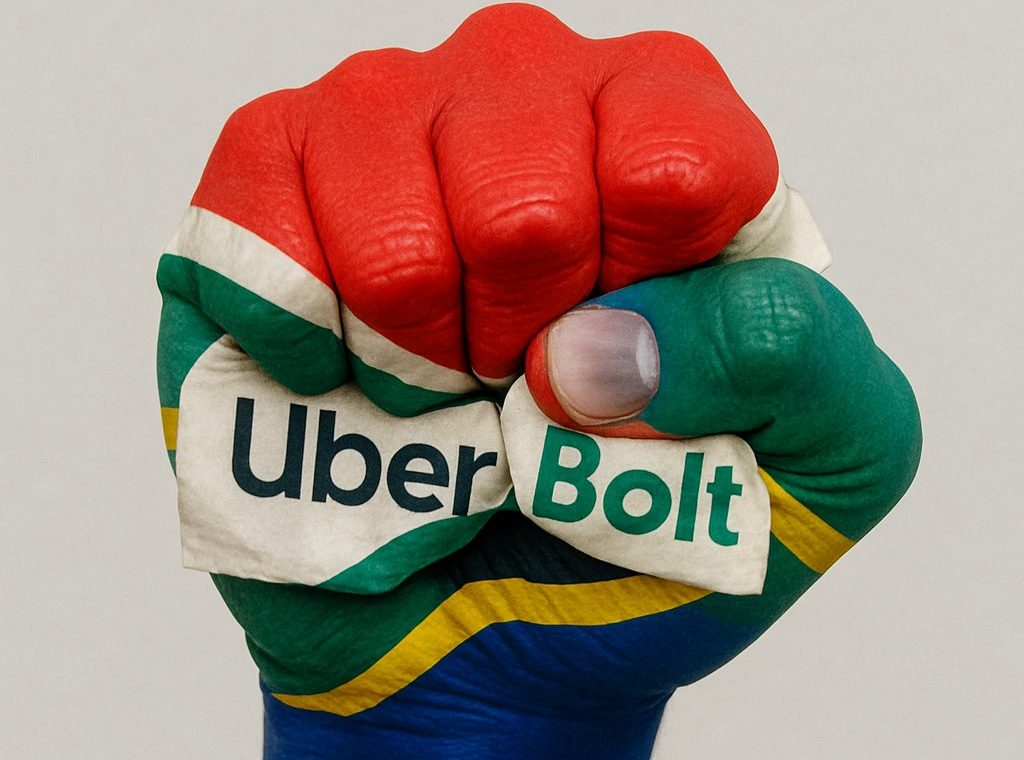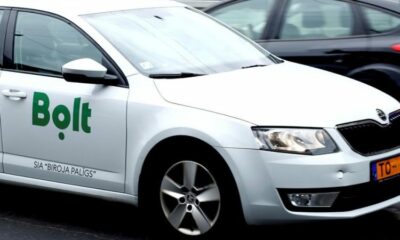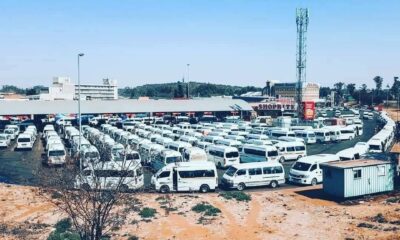News
Uber and Bolt Drivers Unite for South Africa’s First National E-Hailing Strike

“We’re tired of being treated like we’re invisible.”
That’s the sentiment spreading fast among e-hailing drivers across South Africa, as a bold new chapter in the gig economy begins. For the first time ever, Uber and Bolt drivers from all corners of the country are preparing to down tools together in a nationwide strike.
Led by the National E-hailing Federation of South Africa (NEFSA), the planned week-long protest marks a turning point for the long-disjointed struggle of app-based drivers. While provincial protests have flared up for years, from Joburg to Cape Town, they’ve often fizzled out due to a lack of unity. Not this time, says NEFSA.
Why Drivers Are Taking a Stand Now
For years, South African e-hailing drivers have endured low earnings, unpredictable job security, and what they say are unsafe, unfair working conditions. NEFSA’s Secretary General, Omar Parker, put it bluntly: “Drivers are being chewed up by these companies’ algorithms and thrown out without warning.”
One of the top grievances is random deactivation, drivers being kicked off the app without notice or a chance to appeal. Some have even lost their livelihoods overnight.
There’s also growing concern over opaque pricing algorithms, fluctuating commissions, and the rising cost of operating without proper protections. Many drivers lack any form of health insurance or injury compensation, despite often putting themselves at risk on South Africa’s busy roads.
“We’re not asking for luxuries,” Parker said. “We want the basics: fair pay, safe working conditions, and a voice.”
A Movement Rooted in Local Struggle, Inspired by Global Momentum
NEFSA’s strike call comes on the heels of similar e-hailing protests across Africa and globally. A recent International Labour Organization report co-authored with the International Alliance of App-based Transport Workers (IAATW) laid bare the exploitative structures plaguing gig workers from Kenya to Ghana to South Africa.
And while Silicon Valley app giants may rake in billions, it’s drivers on the ground—many of whom are breadwinners in multigenerational homes, who carry the real weight.
Back home, drivers speak of being caught in a web of license corruption, delayed payments, and a lack of regulation. “There’s even a black market for operating permits,” said one Cape Town-based driver. “We’re being squeezed from all sides.”
The Power of Unity: One Country, One Cause
For NEFSA, the goal is simple: build strength through solidarity. Whether a driver is part of a union, an association, or working solo, the federation is calling for everyone to switch off their apps in unison.
This isn’t just a strike, it’s a stand. A statement that South African drivers refuse to be sidelined in the tech boom they helped build.
On social media, the movement is already gaining traction. Hashtags like #StrikeTheApps and #DriversDeserveBetter are trending in local circles, while some influencers and activists have pledged not to use ride-hailing apps during the strike period.
Where’s Government in All This?
Many drivers feel betrayed by the state’s silence. Despite years of complaints and stop-start conversations, there’s been no clear regulation or protection for e-hailing drivers, a sector that’s now a lifeline for thousands of unemployed South Africans.
NEFSA has called on the Department of Labour and the Department of Transport to intervene and support the creation of a regulatory framework that places people, not platforms, at the centre.
As the strike date nears, the big question is: Will Uber and Bolt finally listen?
Or will this be yet another example of gig workers being ignored until the streets go quiet again?
The days of fractured protests are over. South Africa’s e-hailing drivers have found their voice and they’re determined to be heard, together.
{Source: Techpoint}
Follow Joburg ETC on Facebook, Twitter , TikTok and Instagram
For more News in Johannesburg, visit joburgetc.com



























